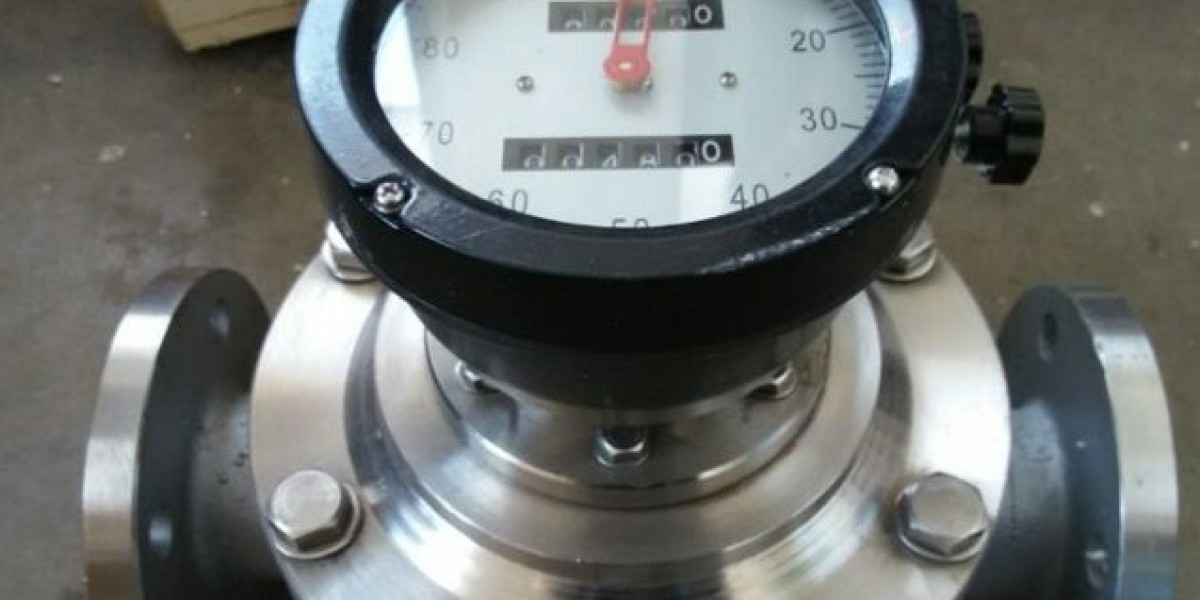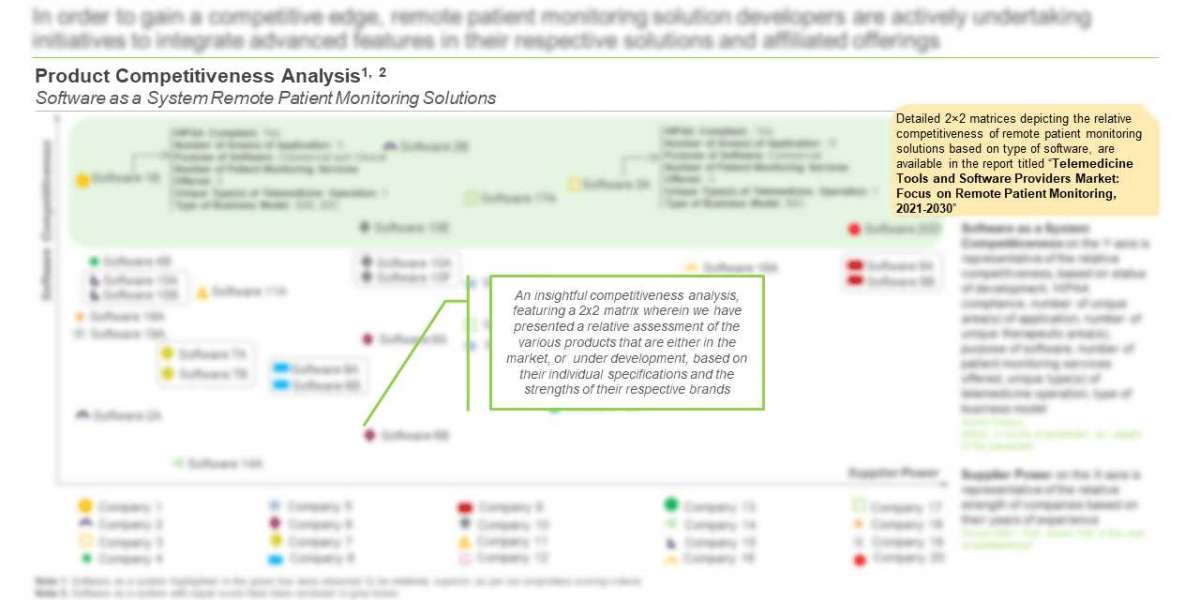Introduction
Effective fleet management is essential for any business that relies on a fleet of vehicles to deliver products, provide services, or carry out daily operations. One of the key factors in efficient fleet management is the precise measurement and control of fuel consumption. This is where diesel flow meter come into play, serving as invaluable tools for cost savings, improved productivity, and environmental sustainability.
This comprehensive guide will delve into diesel flow meters and their significant impact on fleet management. You can scroll down to explore the technology behind these devices for a better idea.
How Do Diesel Flow Meters Work?
Diesel flow meters operate on the principle of volumetric flow measurement. Here's a simplified explanation of how they work:
As diesel fuel flows through the meter, it encounters a measuring chamber or mechanism. In the case of mechanical meters, this often involves gears or a rotor, while electronic meters use sensors to detect the flow.
The meter's counting mechanism keeps track of the volume of diesel fuel passing through it. For electronic flow meters, this is done digitally, while mechanical meters typically use a series of gears and dials.
The measured flow data is relayed to a display or data collection system. Modern fleet management systems often integrate this information into a centralized software platform for real-time monitoring and analysis.
Choosing the Right Diesel Flow Meter for Your Fleet
Selecting the right diesel flow meter for your fleet is crucial to maximizing the above benefits. Here are some factors to consider:
1. Accuracy Requirements
Consider the level of accuracy you require for your fleet's operations. High-precision applications may necessitate electronic or ultrasonic flow meters, while mechanical meters may suffice for less demanding situations.
2. Integration with Fleet Management Systems
If you have a modern fleet management system, ensure your chosen flow meter can seamlessly integrate. Compatibility with your existing technology stack is vital for real-time monitoring and data analysis.
3. Environmental Factors
Consider the environment in which your fleet operates. Mechanical flow meters may be better suited for rugged, outdoor conditions, while electronic or ultrasonic meters are ideal for indoor or less harsh environments.
4. Maintenance and Calibration
Evaluate the maintenance requirements of the flow meter. Some types, like ultrasonic meters, require minimal maintenance, while others require periodic calibration and servicing.
5. Flow Rate Range
Pick the one that can handle the expected flow rates within your fleet. Different vehicles may have varying fuel consumption rates, so selecting a flow meter that can accommodate these differences is essential.
Implementing Diesel Flow Meters in Your Fleet
Integrating diesel flow meters into your fleet management system involves several steps:
Assess Your Fleet's Needs
Start by assessing the specific needs and goals of your fleet. Identify the vehicles that will benefit the most from flow meter installation and establish key performance metrics you want to track.
Choose the Right Flow Meters
Select the appropriate type of diesel flow meters for your fleet based on your assessment. Consider factors like accuracy, durability, and integration capabilities.
Installation and Calibration
Work with experienced technicians to install and calibrate the flow meters correctly. Proper installation ensures accurate measurements.
Data Integration
Integrate the flow meter data into your fleet management system or software platform. This step is crucial for real-time monitoring and analysis.
Training and Education
Train your fleet operators and managers on how to interpret and use the data provided by the flow meters effectively. Encourage them to use this information to make data-driven decisions.
Ongoing Monitoring and Maintenance
Regularly monitor the flow meter data and perform maintenance as needed. Address any issues promptly to ensure your flow meters' continued accuracy and reliability.
Last to Say
Diesel flow meters are indispensable as they provide accurate fuel consumption measurements. It prevents theft and unauthorized usage, enables route optimization, facilitates predictive maintenance, and contributes to sustainability efforts.
When choosing the right diesel flow meter for your fleet, consider accuracy requirements, integration capabilities, environmental conditions, maintenance needs, and flow rate range. Proper installation, data integration, and ongoing monitoring are crucial for realizing the full benefits of these devices.








